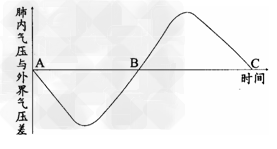问题
选择题
碱性电池有容量大,放电电流大的特点,被广泛应用。锌-锰碱性电池以氢氧化钾溶液为电解液,电池总反应式为:Zn + 2MnO2 + H2O=Zn(OH)2 + Mn2O3。下列说法错的( )
A.电池工作时,锌失去电子
B.电池正极的电极反应式为2MnO2 + H2O+2e-==Mn2O3 + 2OH-
C.外电路中每通过0.2mol电子,锌的质量理论上减少13g
D.电池工作时,电子由负极通过外电路流向正极
答案
答案:C
题目分析:原电池中较活泼的金属是负极,失去电子,发生氧化反应。电子经导线传递到正极,所以溶液中的阳离子向正极移动,正极得到电子,发生还原反应,所以根据反应的方程式可知,锌失去电子,A正确;二氧化锰在正极得到电子,B正确;1mol锌失去2mol电子,则外电路中每通过0.2mol电子,锌的质量理论上减少6.5g,C不正确;D正确,答案选C。
点评:该题是高考中的常见题型,属于中等难度的试题。试题基础性强,侧重对学生能力的培养和解题方法的指导与训练。该题的关键是明确原电池的工作原理,然后结合题意灵活运用即可。

